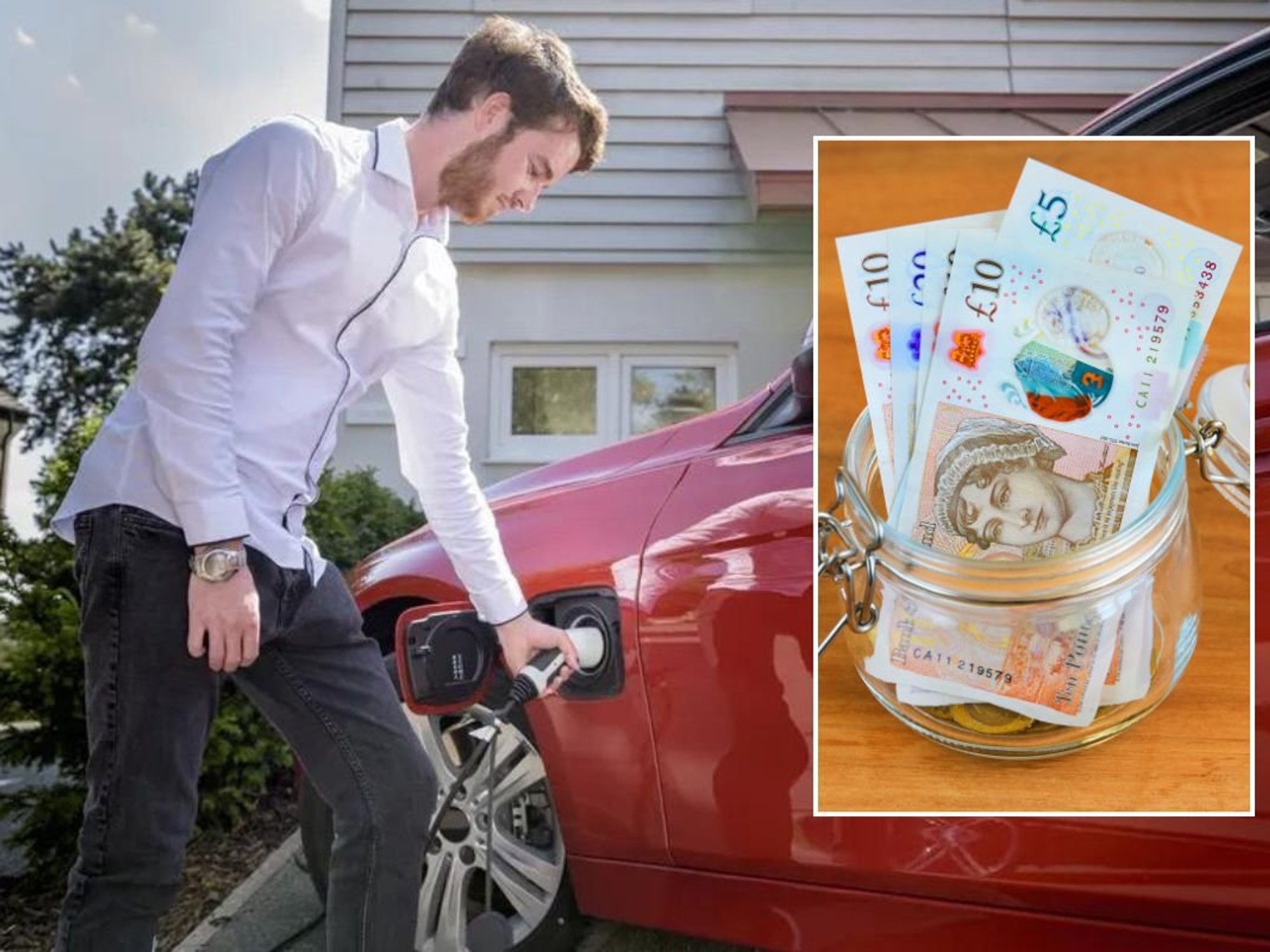Motorists beat Rachel Reeves' expensive car tax hikes by using clever loophole - 'Savvy drivers'
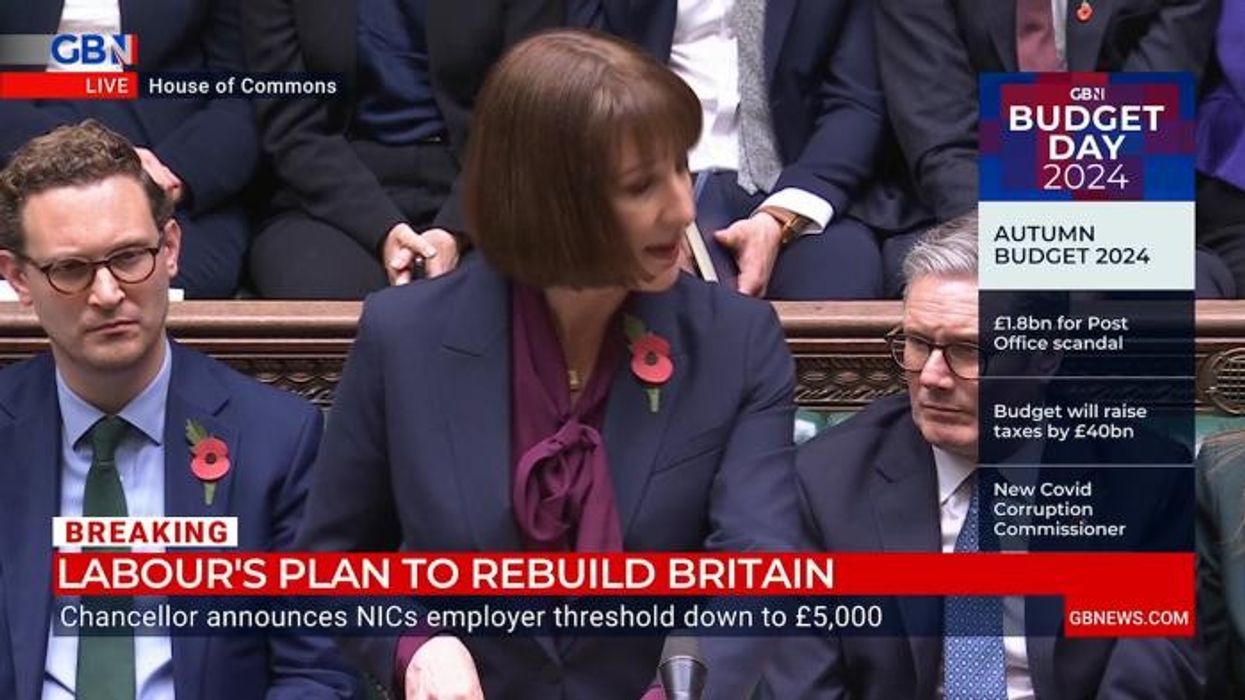
WATCH: Rachel Reeves says she will continue to support the purchasing of electric vehicles
|GB NEWS

Since April 1, electric vehicle owners are required to pay Vehicle Excise Duty for the first time
Don't Miss
Most Read
Drivers of electric vehicles benefitted from huge savings by renewing their Vehicle Excise Duty (VED) before Chancellor Rachel Reeves introduced new rules last month.
The new regulations saw electric vehicles pay car tax for the first time, prompting a rush of early renewals as drivers sought to secure one final year of tax-free motoring.
New data has shown that EV drivers across the country were well aware of the impending changes, with many taking advantage of the opportunity to avoid the new standard rate of £195.
According to research, car taxes were renewed for 244,598 electric cars across the UK in March this year, representing a staggering 1,467 per cent increase compared to the 15,614 renewals recorded in March 2024.
Do you have a story you'd like to share? Get in touch by emailing motoring@gbnews.uk
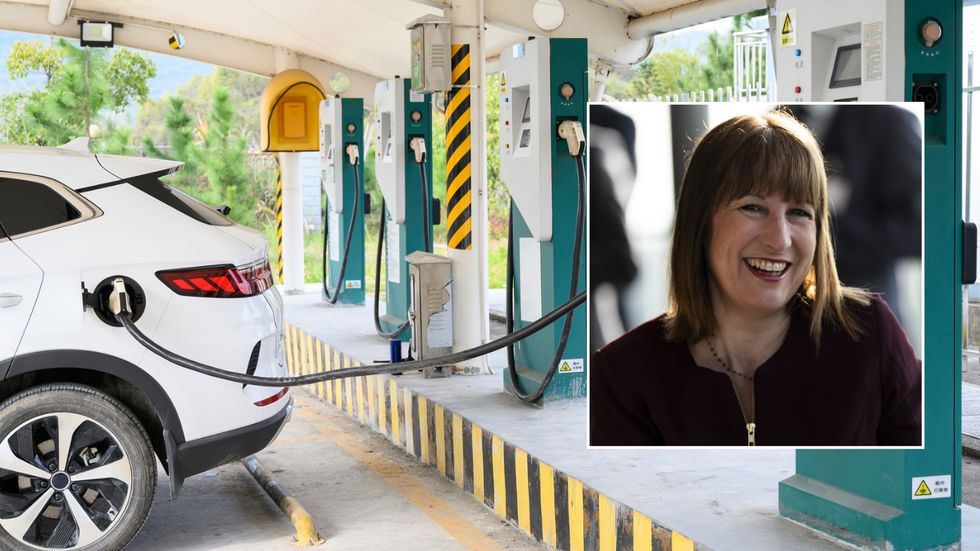
VED was renewed for 244,598 electric cars across the UK in March this year
|PA/GETTY
Sam Sheehan, motoring editor at cinch, said: "Such a big increase in renewals shows just how many EV drivers might have got themselves another year of road tax-free motoring, and who wouldn't want to save £195 if they had the chance?"
The regional breakdown revealed significant variations in renewal rates across the UK, with Bath leading the way with a 14,534 per cent increase in EV road tax renewals in March 2025 compared to the same period a year earlier.
Falkirk followed with a 7,219 per cent increase, while Darlington recorded a 5,617 per cent surge in renewals.
Other areas showing substantial increases included West London and Paddington with 5,284 per cent, Birmingham with 3,236 per cent, and northwest London with 3,100 per cent.
The financial impact of these early renewals varied significantly by region, with data revealing that Bath not only led in percentage increase but also topped the list for potential savings, with EV owners in the area saving an estimated £4.1million.
Birmingham secured second place with potential savings of £2.3million, while West London and Paddington came third with £2.2million.
Sheehan added: "It goes to show how savvy EV drivers were ahead of the road tax changes and how useful consumer advice led to savings for so many people."
The new VED regulations introduced in April fundamentally changed how electric vehicles will be taxed in the UK.
LATEST DEVELOPMENTS:
- UK city to axe 40mph speed limits within days with thousands of drivers at risk of fines - 'Important'
- Motorists to see Congestion Charge increase to £18 per day under bold new plans - 'Hugely successful'
- New driving licence law changes launching within weeks will have major impact on British motorists
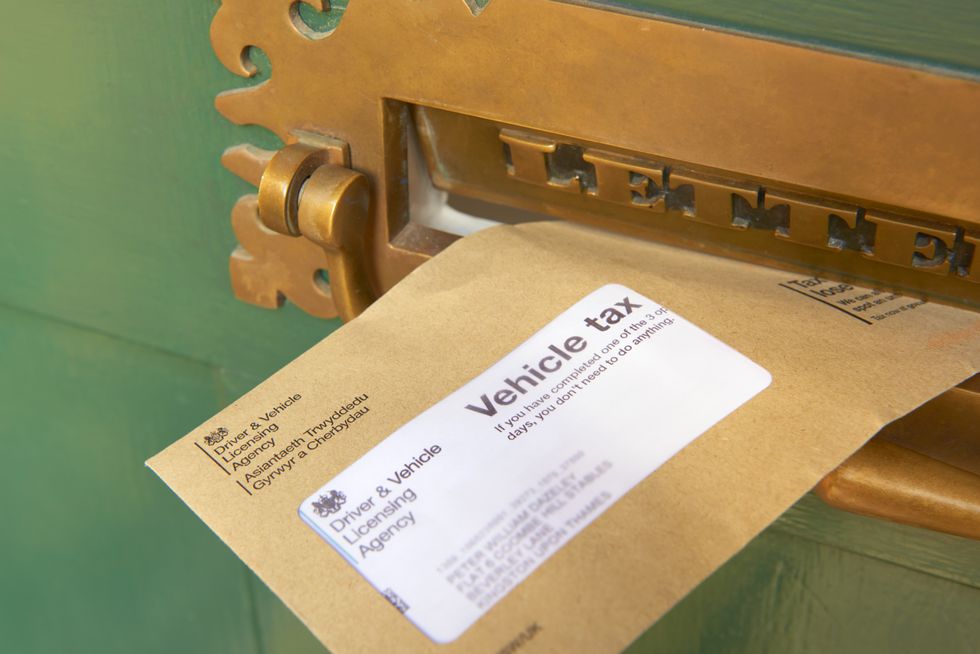
Thousands of drivers were able to renew their car tax before April 1 to avoid paying the first-year rate
| GETTYEVs registered between April 1, 2017, and March 31, 2025, will now pay the standard rate of £195, while those registered between March 1 2001 and March 31, 2017, face a lower annual charge of £20.
For new EVs registered after April 1, 2025, there's a first-year rate of £10, which rises to the standard £195 from the second year onwards.
More expensive electric vehicles with a list price exceeding £40,000 and registered after April 1 2025, incur an additional "luxury" tax, otherwise known as the Expensive Car Supplement of £425 on top of the standard rate from years two to six.
Electric vans haven't escaped the changes either, now paying £355 annually, bringing them in line with their petrol and diesel counterparts.
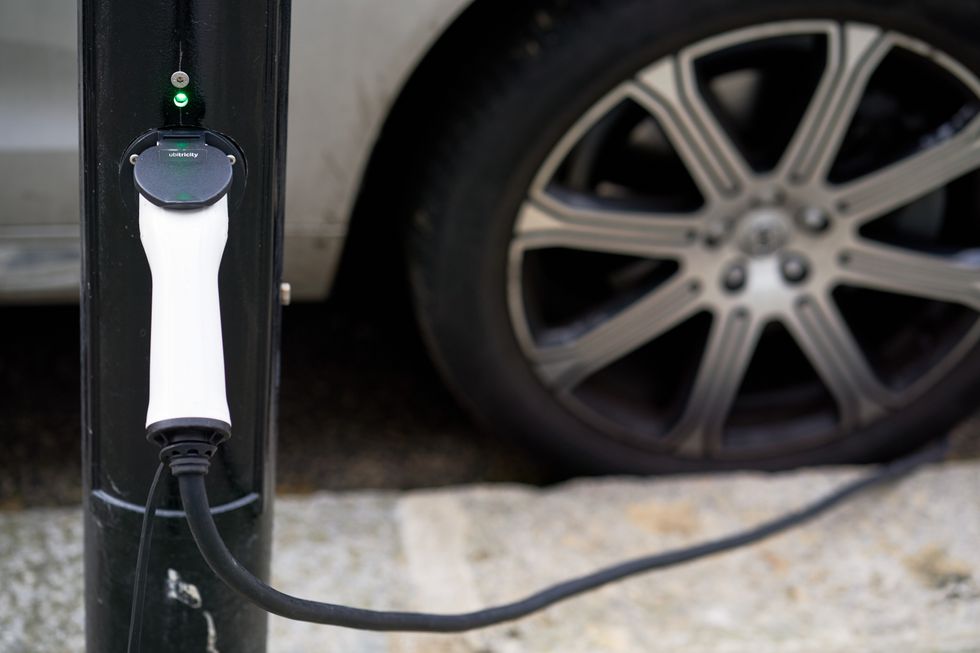
Electric car drivers would need to pay VED rates for the first time this year
| PAThe RAC explained: "Road tax is calculated based on emissions levels, and those with higher levels will pay more each year. This is because they contribute more to pollution and environmental impact."





